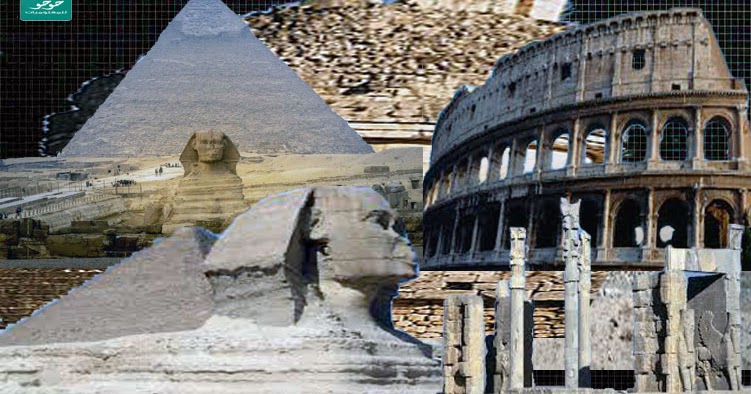

An inscription written around the inner surface of a cup in Linear A, a script used by the Minoan civilization, which died out thousands of years ago, and whose writing has never been deciphered.Ĭredit: Sir Arthur Evans, Scripta Minoa: The Written Documents of Minoan Creteįittingly, both data sets adhere to a similar statistical model, known as an exponential distribution. It is not too far of a logical leap to apply that model to the lifetime of extraterrestrial civilizations. The authors attempted to find a statistical model that fit those two data sets reasonably. However, the historical record does provide two types of similar data sets, though on much smaller time scales: how long historical civilizations have lasted, and how long species themselves last. That is not a particularly easy question to answer, as we don’t have any direct evidence of billion year old civilizations. Understanding the importance of that question would require estimating how likely it is for a billion year old civilization to exist. Caleb Schraf of The University of Rochester, considering how humans would contact a billion year old civilization. Adam Frank of the Flatiron Institute, and Dr.

David Kipping at Columbia, is detailed in a new paper in the International Journal of Astrobiology. Their model provides a simple answer: any intelligent civilization is likely older than us, and potentially much older. Now a team of astronomers have come up with an answer to that question using one of the most underappreciated mathematical tools: statistics. What he did not address was the relative age of the civilization and what that might mean in terms of their interest in communicating with us.
#First civilization series
Recently at UT, author Matt Williams has been writing a series called “ Beyond Fermi’s Paradox”, which takes a look at possible resolutions to one of the most famous questions in science: “ Where is everybody?” As Matt discusses, there are multiple hypothetical solutions, but there may eventually come a day when we can definitively answer it.Ĭonsideration of that day opens up a whole host of new questions, not the least of which is what will an intelligent civilization we find be like? Carl Sagan popularized the notion that it is very unlikely that any extraterrestrial civilization would be equivalent to ours in terms of technological progress.


 0 kommentar(er)
0 kommentar(er)
